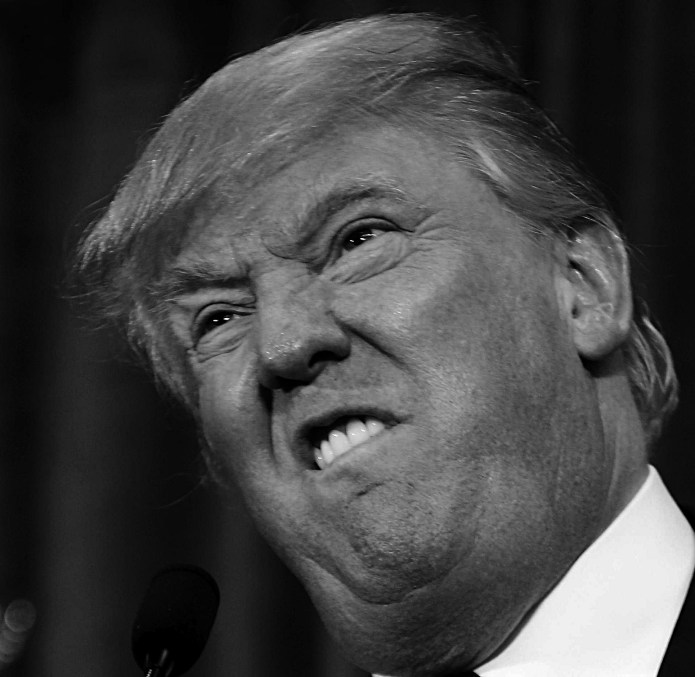I could choose to criticise Trump’s stand in immigration from certain countries based on the rights and wrongs of it, because it’s certainly wrong. But firstly there has been plenty written and said about that aspect of it, and secondly those who don’t see how wrong it is are not likely to change.
But even those who do not see how wrong it is may well be able to see just how stupid this move is.
Just to remind ourselves, Trump has temporarily blocked all travel into the USA by anyone holding a passport issued by seven countries which were previously subject to heightened visa requirements. And for good reasons – the relevant countries have more than their fair share of terrorist activity – and it is more than reasonable to check on immigrants to verify that they are not known terrorists.
The first “own goal” is that the new restrictions blocks many people from travelling to the USA who have made their homes there including famous people like Mo Farah (although the ban may not apply to him). How much safer is the US by blocking Mo from entering the USA and going home? Or all the others in his position?
And let’s be frank – there’s something less than honourable about issuing a visa allowing someone to travel, and then preventing them from travelling. There are people who have planned the holiday of a lifetime and arranged to visit Disneyworld or Disneyland, and all of a sudden they are prevented from travelling.
Now you could argue that if this action decreases the risk to US citizens it is worth taking. But even if it does significantly reduce the risk, I would argue that it is better to accept the increased risk to do the right thing. And in general if you do not accept a slightly increased risk to do the right thing, you are a morally bankrupt person.
But does this decrease the risk to US citizens? To assess that we need to assess how great is the risk of terrorist attacks to the USA, and specifically terrorist attacks from those seven countries.
In fact the risk attributed to terrorism is vastly overrated. Going through the Wikipedia list of terrorist incidents, I get a total of 5 incidents causing the deaths of 50 people (the perpetrators excluded), which includes the Pulse nightclub shooting. If you go back to 2015, the figures are 4 incidents and 23 deaths, and one of the incidents was a christian terrorist.
Working through a similar list of mass shootings in 2016, I get a total of 14 incidents causing the deaths of 56 individuals.
Which is basically saying that you’re about as likely to walk into a terrorist incident as into a mass shooting, and both are really, really unlikely. That doesn’t help much if you are caught up in such an incident, so taking reasonable and proportionate action to decrease that risk is worthwhile.
And targeting refugees fits into the disproportional category; of those 5 incidents in 2016, only one was perpetrated by a refugee (and nobody died).
And now onto the final bit of stupidity: Firing your legal adviser for telling you an executive order is illegal when it is being found so over and over again makes you look more than a bit foolish. Particularly when you could accomplish almost as much (although in reality more) by simply stopping new visas being issued; especially when the decreased risk from terrorism is marginal at best.



